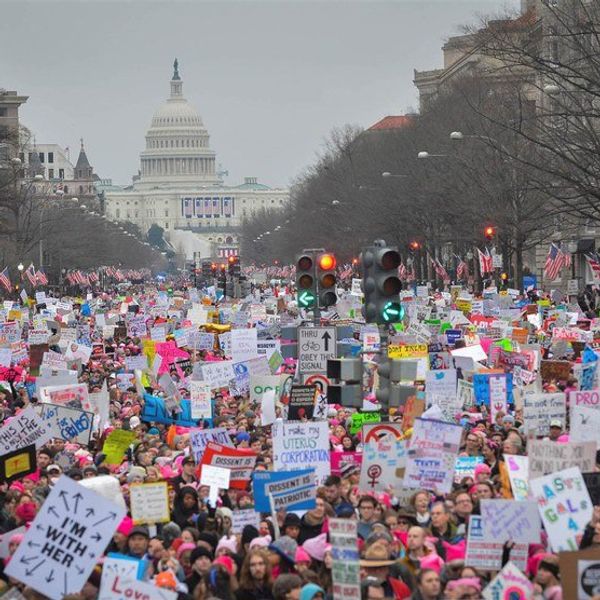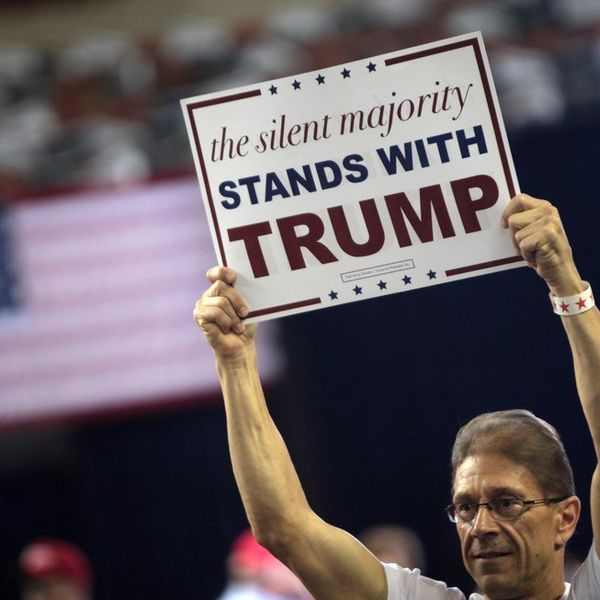By now, people are probably sick of hearing me talk about myself, so I’m changing it up this week. In keeping with the subject of my J-Term class, I’m asking myself a political what-if question. What if we could create a sovereign global government firmly grounded in justice that could actually adjudicate Earth’s many disparate nation-states into one unified world government?
I should confess up front that I have a vision of the world as it appears in the universe of the Star Trek franchise. The Earth of the Star Trek universe has unified the entire world under one unitary governing body, and war, famine, disease, and conflict are things of the past. The human race in general has evolved to a higher moral standard that obviates greed, envy, and other harmful impulses. This collective dedication to the betterment of the human condition fosters fantastic technological progress that allows humanity to explore the galaxy that we have thus far only been able to contemplate philosophically.
Right away, I acknowledge that there are many, many issues with the question that I have just posed. Perhaps the foremost objection to this question is that such a government would never be practical or feasible. The picture I’ve just painted is a fanciful, pie-in the sky, pipe dream that deserves only derision. After all, the world is wracked with nations of implacable enemies engaged in centuries-old disputes that seem intractable.
However, since this is not an academic paper, but an article where I have much greater creative freedom, I will defer addressing the many logistical concerns with bringing such a dream about. Instead, I’ll focus on a few choice hypotheticals that I think would bring today’s world a little closer to the one I described above. I realize that these suggestions range from merely impractical to borderline ludicrous. However, mankind has achieved things thought to be ludicrous before, and I think that given enough time and incentive, we could do so again.
The U.N. takes its proper place as a sovereign world government. If the United Nations were actually to wield the power that Woodrow Wilson envisioned for it at one point, then perhaps a united front of nations prepared to use armed resistance against Adolf Hitler might have prevented, or at least delayed, WWII. Unfortunately, the League’s structure and mandate prevented much productive agreement on issues because of both the required unanimous vote to enact policy and the inherent aversion of member countries to support any policy that did not suit its own interests. Perhaps a sovereign U.N. government with power to settle disputes both diplomatic and military could prevent a WWIII.
Failing the prevention of such a conflict, I believe (and hope) that a third world war would force a collective reevaluation of human morality. Such an examination of conscience would require the many nations to reprioritize the interests of others, sometimes ahead of their own. This would be not only a revision to government policy but to morality and philosophy at both the personal and global levels. Basically, better government would be served by better people.
Another thing tied in to the revision of human morality is the death of money. Were the idea of money to go the way of the dinosaur, acquisition and greed would no longer be the driving forces in our lives, and we would have to dedicate ourselves to new, healthier pursuits (in theory, at least.) Maybe the creation of a new world economy with some kind of barter system would replace our current fascination with currency.
Once again, I want to emphasize that these ideas are all merely my own flights of fancy. They represent what I think the world could be like, maybe in a thousand years or just ten. Who knows?




















